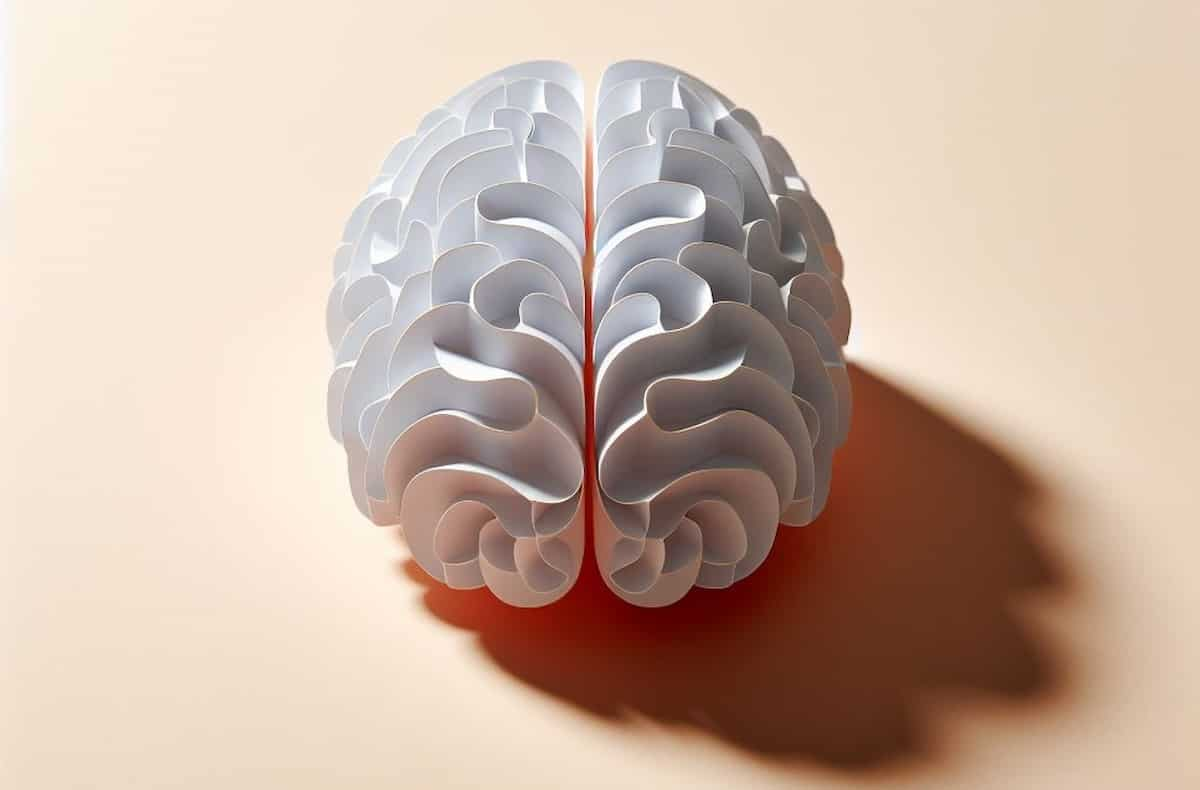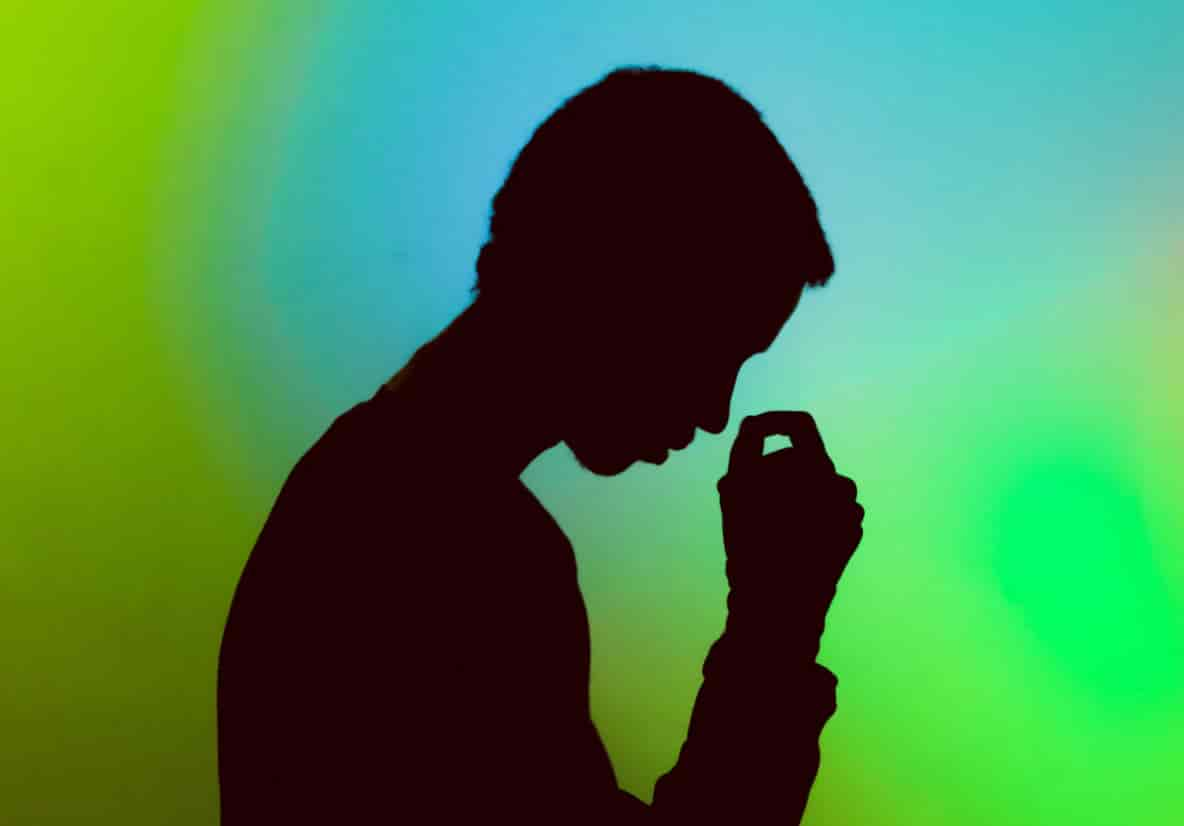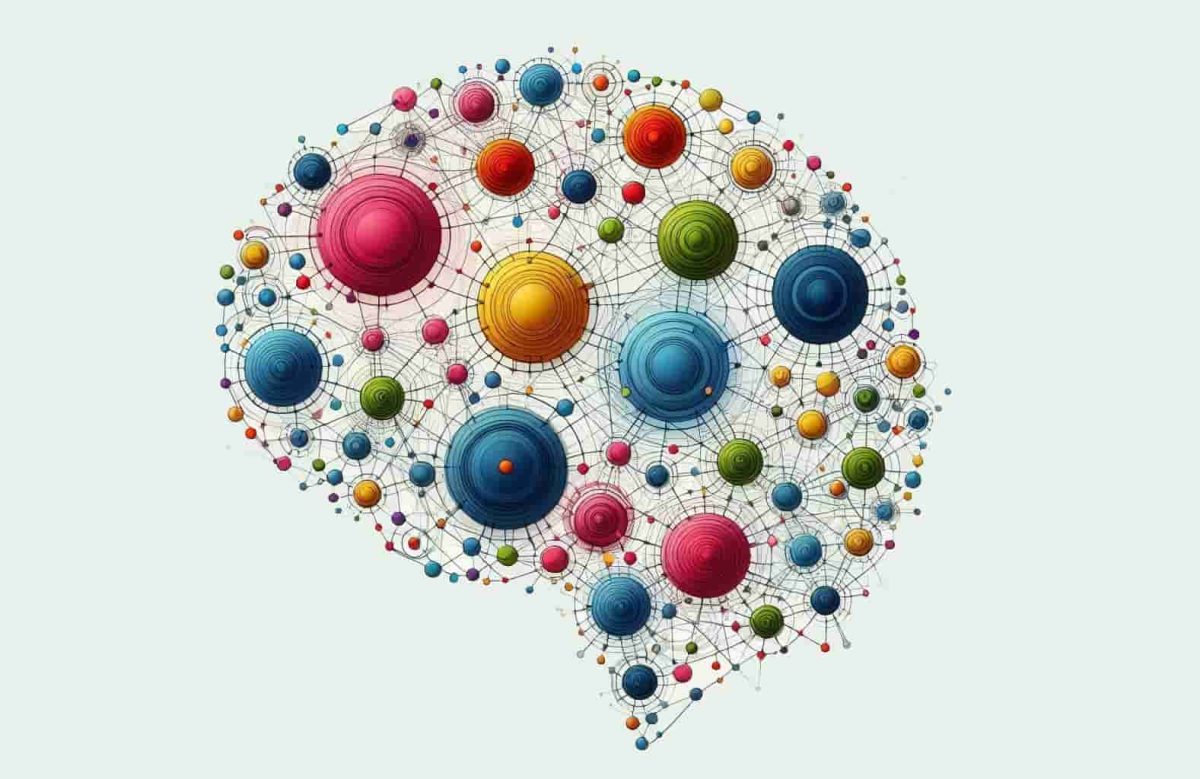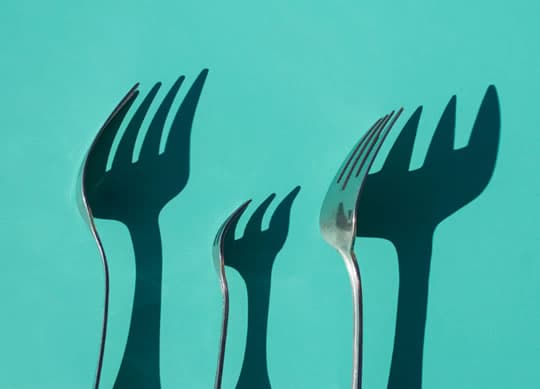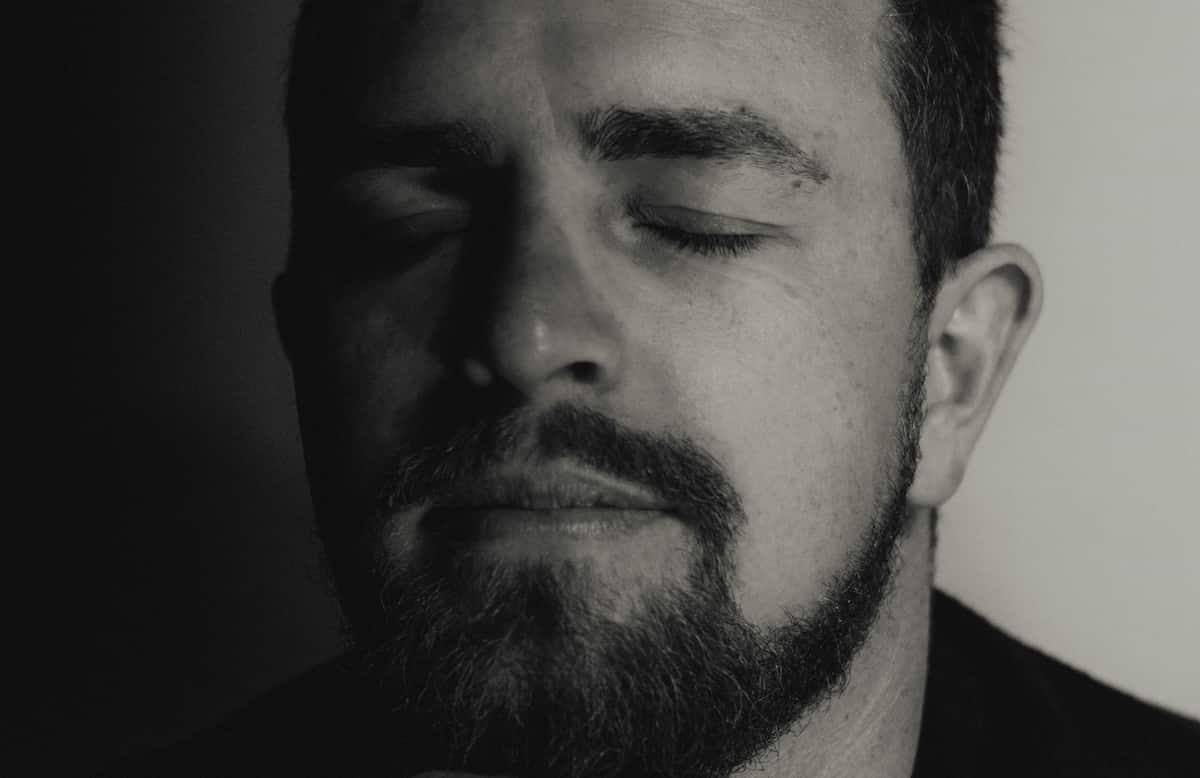The more people do this, the lower their depression risk.
Regular trips out are an easy way to protect against depression, research finds.
More visits to places like the cinema, museums or the theatre are linked to dramatic reductions in depression risk in later life.
Cultural activities may do more than help people recover from depression, they may help prevent it, the study suggests.
People who went to films, plays and exhibitions every few months had a 32% lower risk of depression.
Those who went every month or more had a 48% lower risk of depression.
Dr Daisy Fancourt, the study’s first author, said:
“Generally speaking, people know the benefits of eating their five-a-day and of exercise for their physical and mental health, but there is very little awareness that cultural activities also have similar benefits.
People engage with culture for the pure enjoyment of doing so, but we need to be raising awareness of their wider benefits too.”
The conclusions come from over 2,000 people over 50 who were tracked for 10 years.
Dr Fancourt said:
‘We were very pleasantly surprised by the results.
Notably we find the same relationship between cultural engagement and depression amongst those of high and low wealth and of different levels of education — the only thing that differs is the frequency of participation.
‘Cultural engagement is what we call a “perishable commodity.”
For it to have long-term benefits for mental health, we need to engage in activities regularly.
This is similar to exercise: going for a run on the first of January won’t still have benefits in October unless we keep going for runs.”
Dr Fancourt continued:
“Depression is a major issue affecting millions of people.
If we are starting to feel low or isolated then cultural engagement is something simple that we can do to proactively help with our own mental health, before it gets to the point where we need professional medical help.”
The study was published in The British Journal of Psychiatry (Fancourt et al., 2018).

